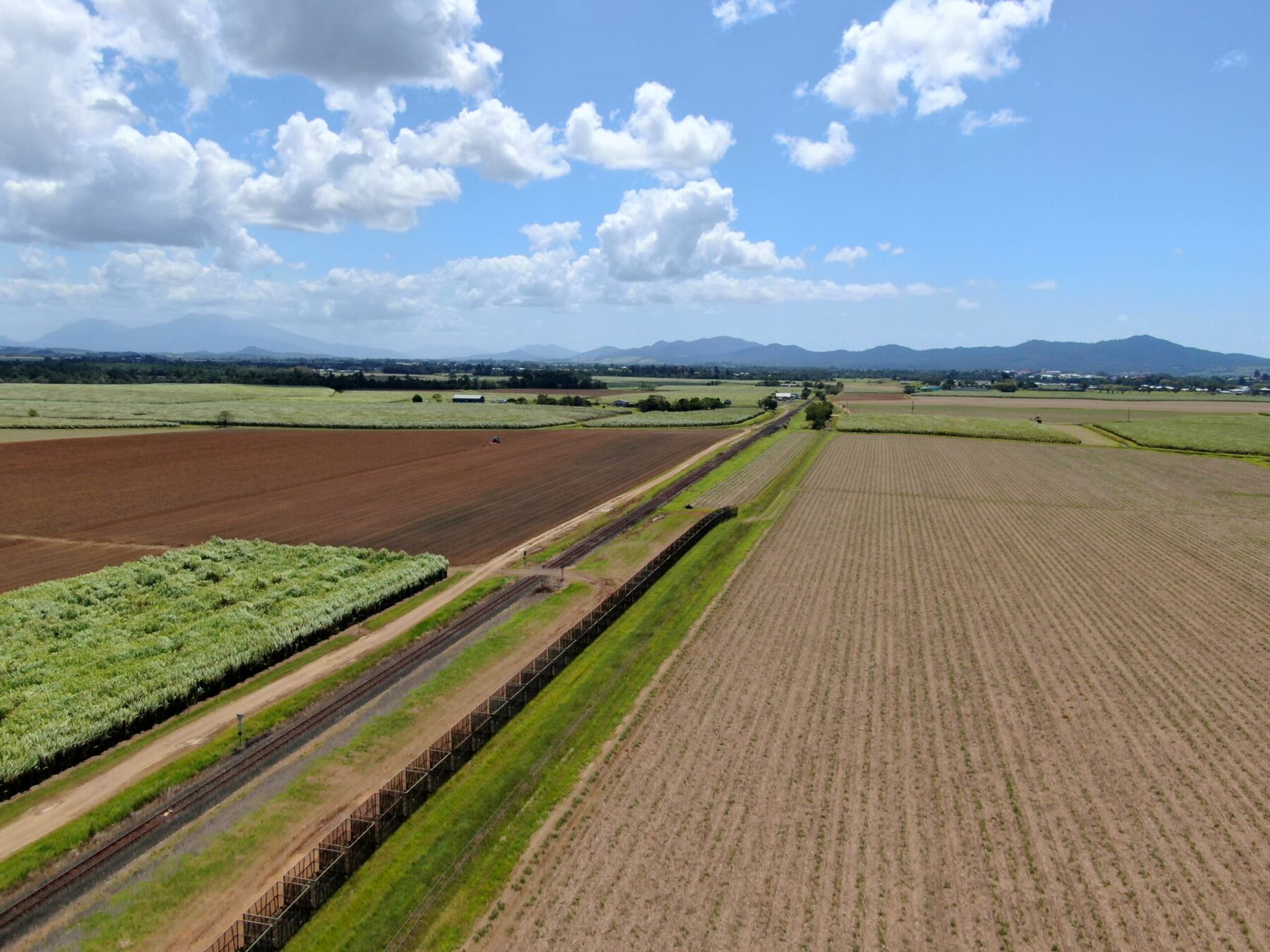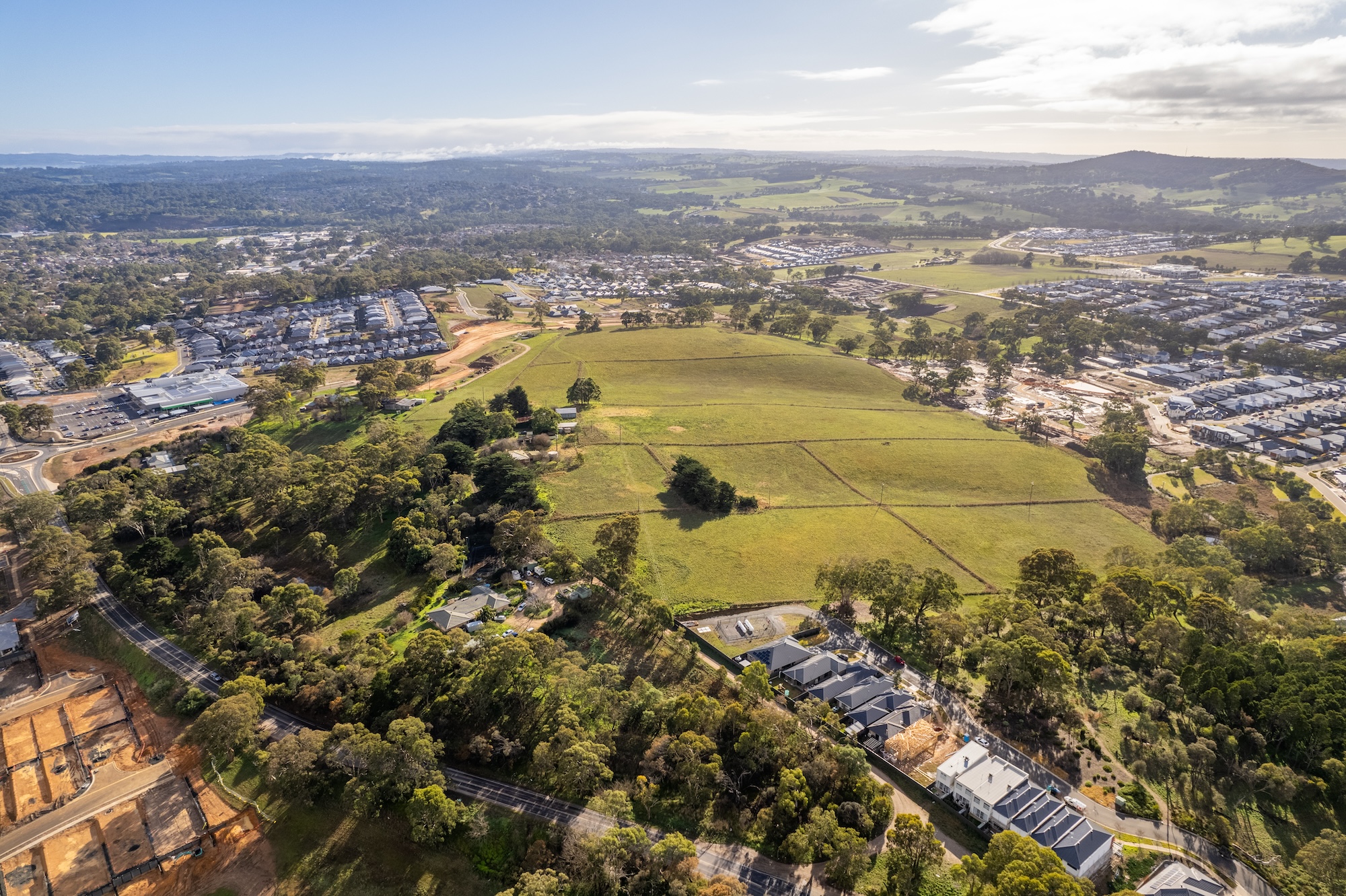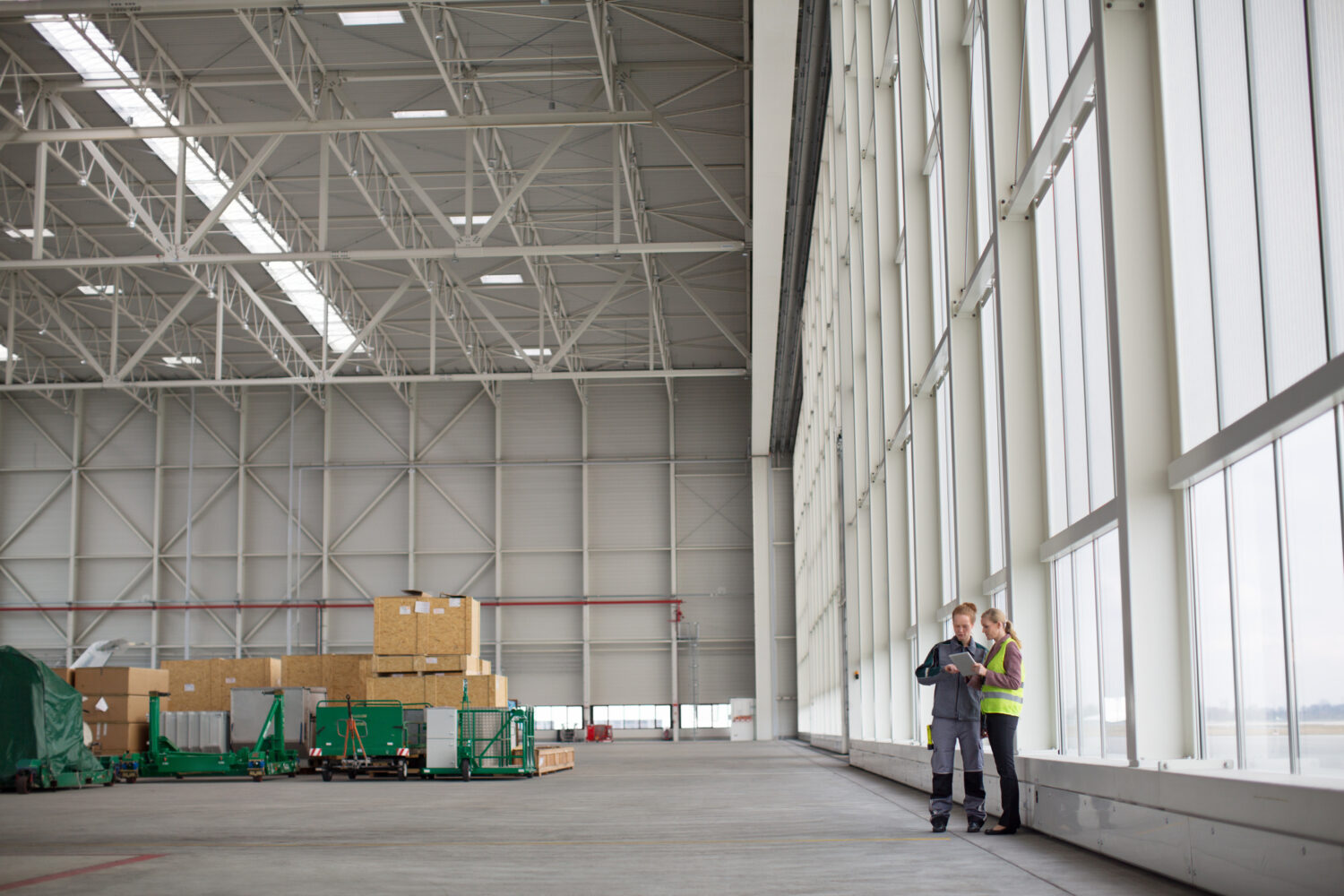Asia Pacific’s experience economy to shape the future of urban spaces
30 September 2024
JLL sees need for high-quality, human-centric built environments to future proof corporate real estate portfolios
The rise of the urban middle class within Asia Pacific’s largest metropolitan areas will support a new experience economy, combining human-centric designs and community-based spaces. As a result, consumers in Asia Pacific will demand higher-quality experiences from the built environment anchored by people-first design that promotes community and connection, according to JLL’s (NYSE: JLL) 2024 Global Consumer Experience Survey.
JLL has identified creating destination spaces; integrating experience across real estate developments; connecting the physical and digital; focusing on human-centric design; and understanding the value drivers of shared experiences as the top five priorities Asia Pacific consumers are now seeking in urban living environments. Furthermore, JLL analysis shows that most consumers willing to pay more for higher quality experiences, tapping into this need for connection and community can play a differentiating role in the future success of real estate developments.
“Any conversation around creating a human-centric experience must begin with understanding how people spend their time and what they want to achieve in any given day. Design of spaces should reflect this reality and place people-centricity as core to any space requirement for an organisation. Understanding people is always the first step, followed by intentional design for the moments that matter,” said Emmy-Lou Quirke, Head of People Experience, Consulting, Asia Pacific, JLL.
According to JLL, across Asia Pacific, increased wealth, digitization and technology are driving demand for more value from offline experiences, and urban environments will be forced to adapt. Based on the views of those surveyed by JLL, 76% of respondents agree that cities need to offer new experiences to stay relevant, with 84% of Millennials and Gen Z’s surveyed in favour.
Additionally, the majority of respondents across different generations and regions consider experience important in choosing where and how they spend leisure time and their related purchasing, from a desire to travel to new places, wanting unique urban experiences, and prioritizing in-person activities. Respondents also share they are willing to pay a premium for this quality, especially among Millennials (80%).
Concurrently, integrating digital solutions to in-person experiences offers opportunities to enhance places and spaces as destinations of choice. Regionally, roughly 75% of consumers report feeling satisfied with online shopping experiences, people still express a preference for being in-store – where the majority of consumers (64%) say they prefer shopping in-person versus online. JLL believes that developers and investors can capitalize on these consumption habits via experiential retail and online/offline services, using artificial intelligence, different booking apps and digital enhancements.
“Our interactions point to a pronounced shift in the way design and delivery in the built environment are correlated to generational expectations and its importance in shaping our experiences and quality of life. Demand for destination places and spaces will only grow in Asia Pacific, as consumers expect greater choice and quality in the places where they live, work and visit, and the built environment will need to reflect this shift to capitalize on the new experience opportunity,” says Sandeep Sethi, President – Asia Pacific, JLL Work Dynamics.
The global survey captures data from over 3,200 global respondents to understand how stakeholders involved in creating, owning and managing corporate real estate can adapt to shifting consumer expectations to unlock greater value in their portfolios.
For more news, videos and research resources, please visit JLL’s newsroom.



